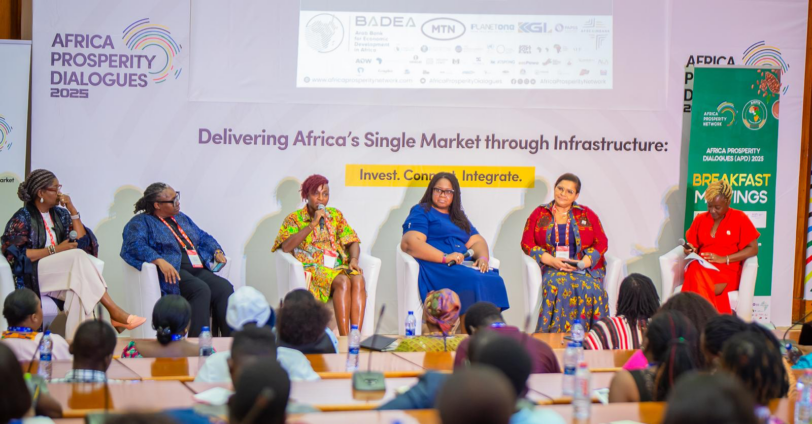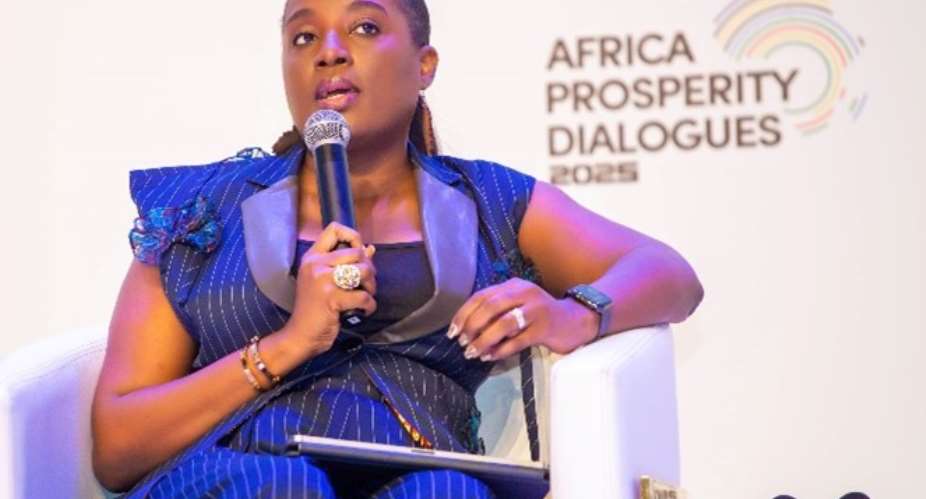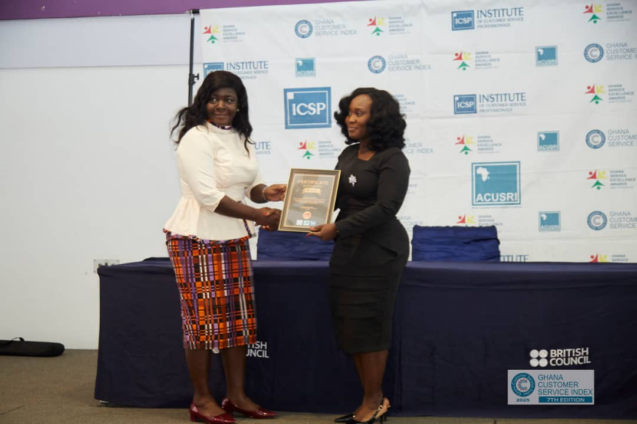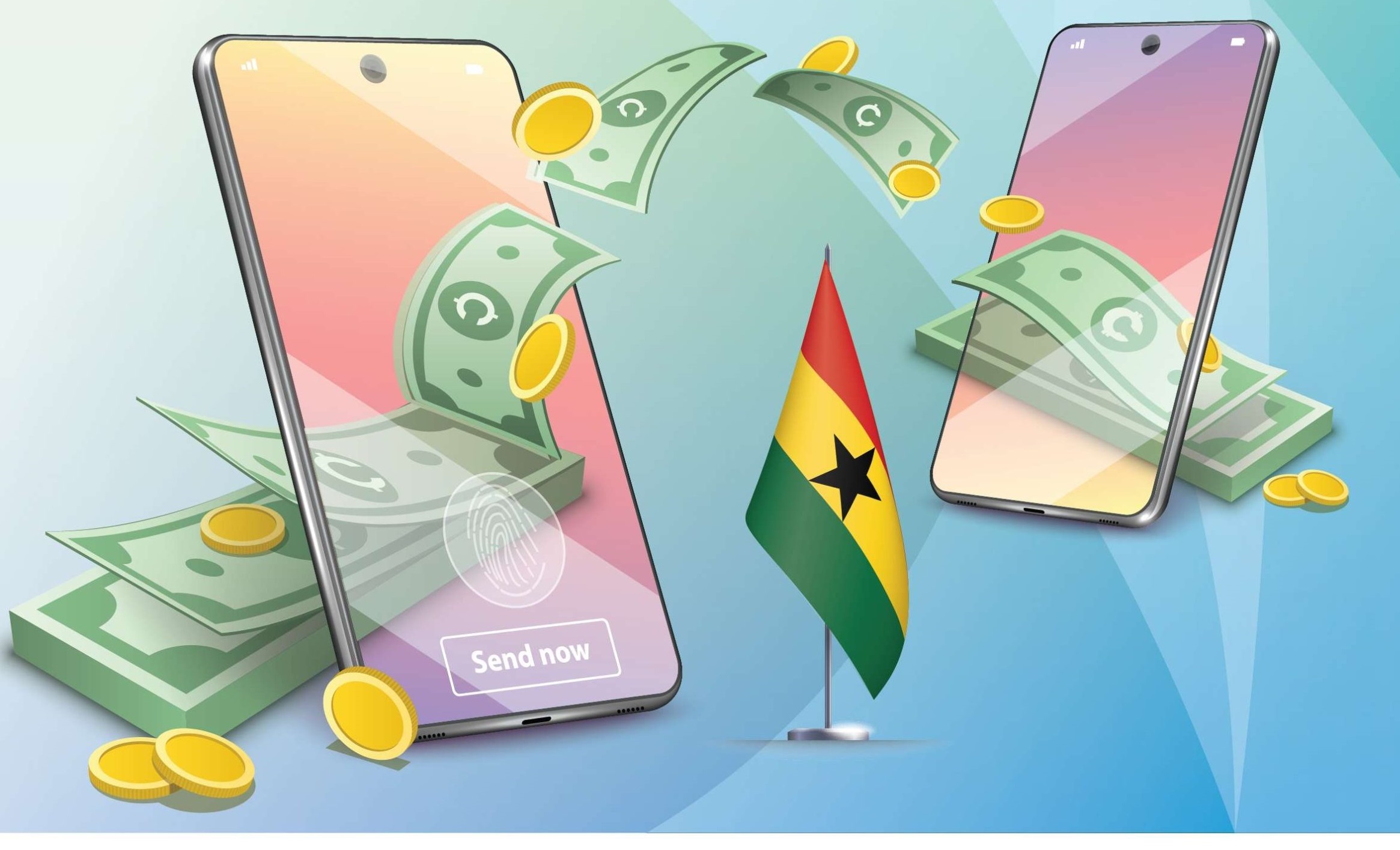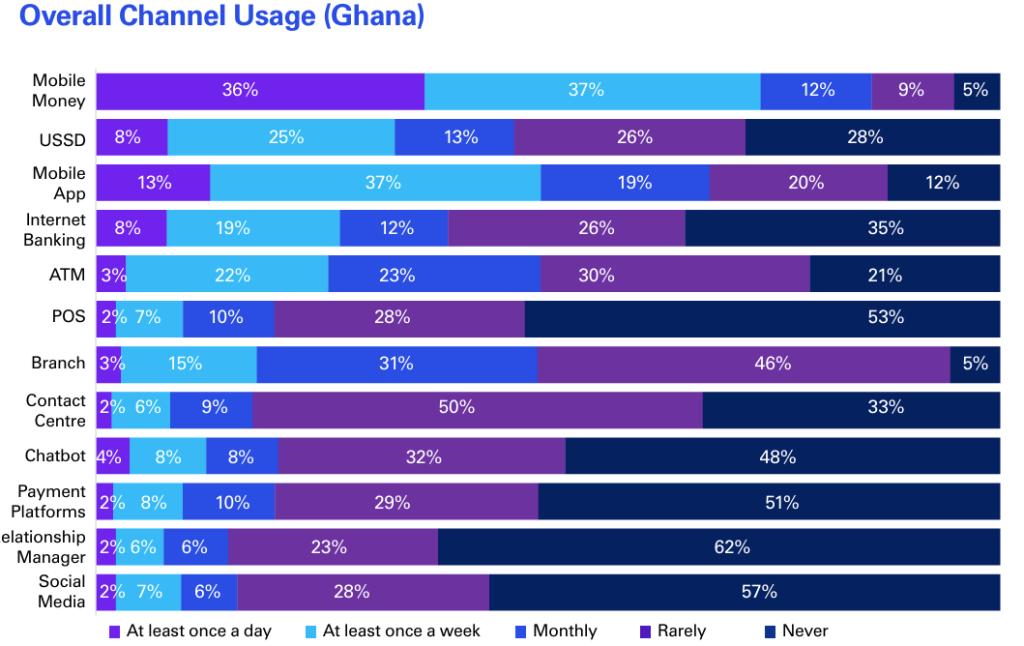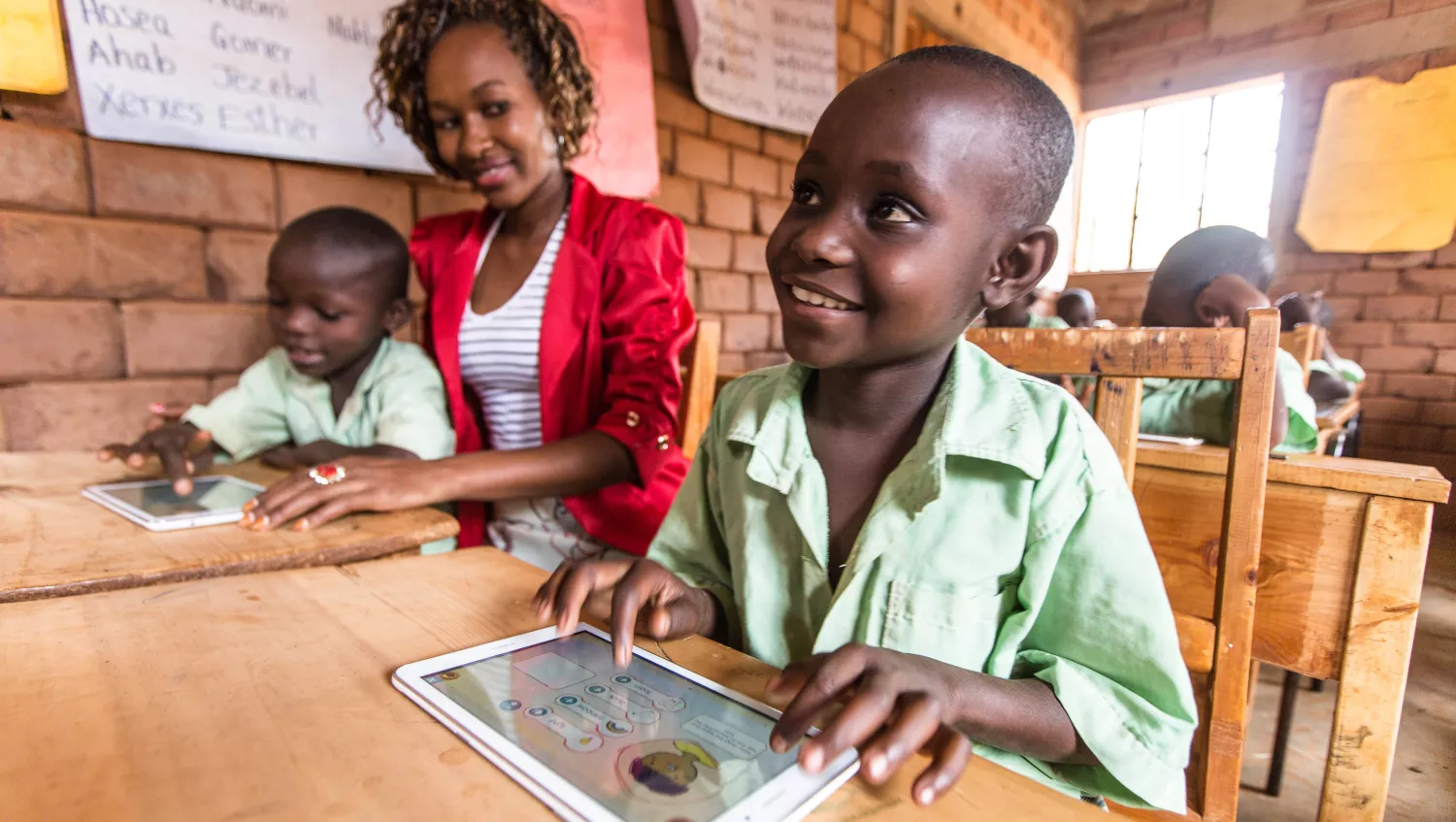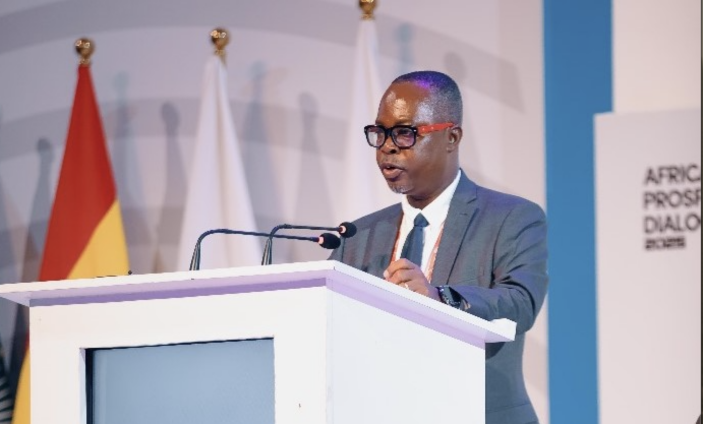Somalia’s National Communications Authority (NCA) and Jamhuriya University of Science & Technology (JUST), in collaboration with the African Network Information Center (AFRINIC), have launched the country’s first National IPv6 Internet Protocol Center, marking a significant milestone in the country’s digital transformation.
The centre will serve as a hub for research, training, and implementation of IPv6 technology, ensuring Somalia transitions towards a more secure, scalable, and modern internet infrastructure.
The shift from IPv4 to IPv6 is essential for expanding internet access, strengthening network security, and supporting emerging technologies such as 5G and the Internet of Things (IoT).
The inauguration ceremony brought together government officials, industry leaders, academia, and key stakeholders from Somalia’s digital ecosystem.
Speaking at the event, Eng. Mohamed Ahmed Mohamud, President of Jamhuriya University of Science & Technology (JUST), praised the partnership between government institutions and academia in advancing digital services.
“This collaboration is crucial for Somalia’s technological and knowledge development. Strengthening cooperation between public institutions and the education sector is key to building a strong digital economy,” he explained.
NCA Director General Mustafa Yasin Sheikh, underscored the strategic importance of IPv6 adoption, emphasizing its role in expanding internet services, enhancing cybersecurity, and integrating advanced technologies into Somalia’s digital infrastructure.
“This center is a landmark achievement in modernizing Somalia’s telecommunications sector and accelerating our digital growth. IPv6 is not just an upgrade-it is the foundation for a more resilient and future-ready internet ecosystem.”
Minister of Communications and Technology, H.E. Mohamed Adan Macalin, reaffirmed the government’s commitment to advancing digital connectivity and called on all stakeholders to support IPv6 adoption.
“The launch of this center signals Somalia’s transition into a modern digital era. I urge all telecommunications companies, academic institutions, and private sector players to actively engage in implementing the National IPv6 Strategy.”
During the event, NCA and JUST signed a Memorandum of Understanding (MOU), formalizing their partnership and designating the university as the host institution for the center. The agreement outlines cooperation in training, research, and public awareness efforts to facilitate a smooth transition to IPv6 across Somalia.
The National IPv6 Center is a key component of Somalia’s National ICT Strategy, reinforcing the country’s commitment to a secure, scalable, and sustainable digital future.
Source: nation.africa




